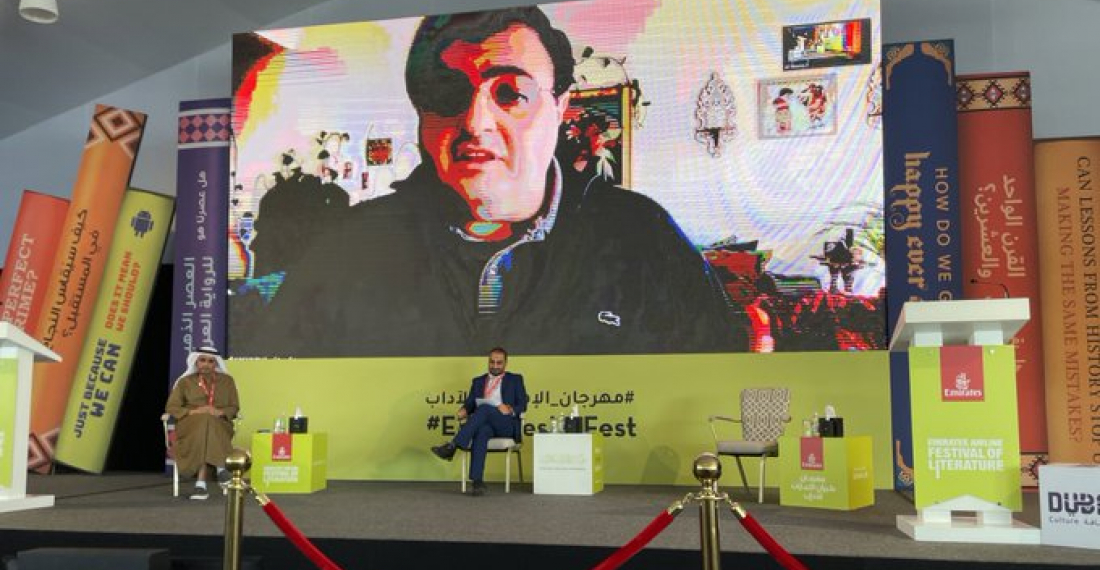The UAE’s Minister of Culture and Youth, has conducted a study on the use of the Arabic language online. The study recommended the use of an observatory to track the use and development of the Arabic language last week.
The major study, titled Report on the Status and Future of the Arabic Language, examines the role that publishing companies, technology and academia play in sustaining and enriching the Arabic language.
The UAE’s Minister of Culture and Youth, Noura Al Kaabi, revealed some of the findings in a session at the Emirates Airline Festival of Literature last Thursday.
Al Kaabi said the observatory's role will be central in fighting the scourge of digital piracy, which continues to wreak havoc throughout the Arabic publishing industry.
“It will allow us to follow the developments of the Arab publishing movement and to confront the phenomenon of book piracy,” she said.
“The observatory will work if its aim is to uphold intellectual property rights and raise awareness of its importance in the development of the electronic publishing industry.”
Al Kaabi added that digital publishing presents new possibilities for Arabic writers and offers rooms to develop new talents. As such, it serves as an incubator rather than an online tracker.
“It does serve as an incubator for the production of young writers at the beginning of their career and we need to place a lot of effort in developing these initiatives,” she said.
Joining Al Kaabi during the session was Dr Ali bin Tamim, chairman of the Arabic Language Centre who praised the study and the opportunities it presents.
“We often hear that our duty is to serve the Arabic language. More correctly, I think that language should serve us as individuals and as communities. Our duty is to help the language serve our country, our economy, our future and Arab people.”
The sentiment was shared by Abdulsalam Haykal, chief executive of Abu Dhabi based Haykal media, which focuses on computerising and enriching Arabic content.
"Before, we had to use the English alphabet to type Arabic on phones but smartphone technology has improved and we now have access to a full keyboard. Technology will not hinder the quality of the language, but help it reach out further.” Haykal said.
Emirates Airline Festival of Literature continues until Saturday, 13 February. It adopts live and virtual sessions on literature, art, science and film.







